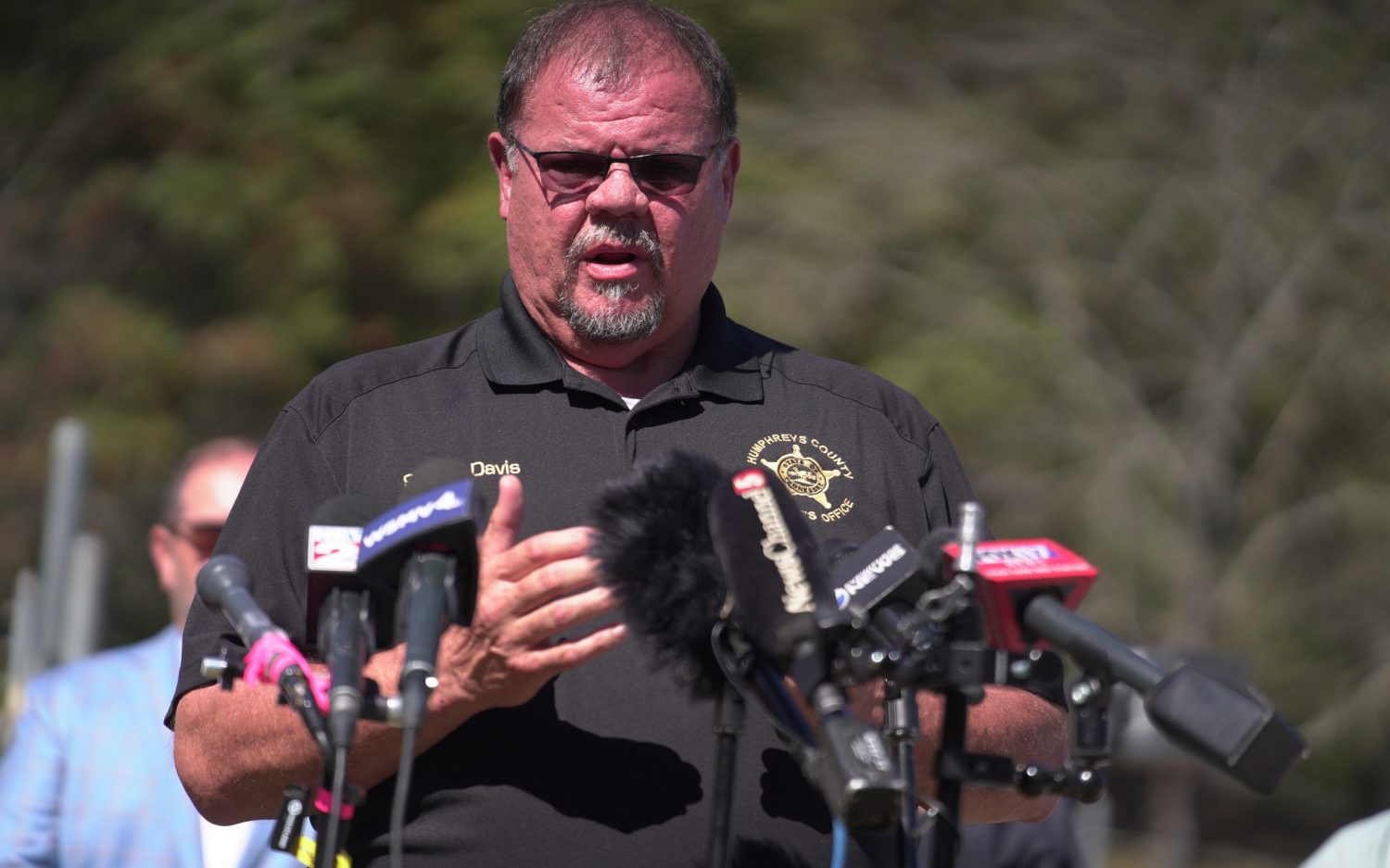'Defend the persecuted'
Canada coordinates with the United States in establishing an international religious freedom office
WASHINGTON-Majed El Shafie grew up a Muslim in Cairo, Egypt. After his conversion to Christianity as a young man, he was arrested and tortured. He will describe his torture in graphic detail, but he can't eat anything after talking about it. He was sentenced to death by hanging and put under house arrest, but he escaped to Israel and then immigrated to Canada as a refugee in 2002.
A few years later, El Shafie became one of the key people pushing the Canadian government to launch an international religious freedom office. Now Canada's Conservative government is working on creating such an office in its Foreign Affairs Department for the first time-the hope is to officially open the office in the next few months, though a date hasn't been set. In late April a delegation of a half dozen Canadian members of Parliament traveled to the Washington meet with members of Congress as well as members of the U.S. Commission on International Religious Freedom to discuss the new office. It was apparently the first such delegation from Canada to Washington on the issue of religious freedom.
El Shafie now heads up a religious freedom group in Toronto, One Free World International, and he said his group has been in talks with the government about the creation of such an office for six years. He sees the Arab Spring as a strong reason to get the office off the ground.
"My fear is that we're losing an important human rights battle," he said. "Why do they call it an Arab Spring? It's turning to be a deadly cold winter for the minorities."
Canadian members of Parliament say the Arab Spring isn't the driving reason for the new office, but the timing seems right after a year peppered with news of religious persecution from Egypt to Nigeria. Conservative MP Russ Hiebert, a member of Parliament's international human rights subcommittee, traveled with the group to Washington to get "background" on the issue, he said.
"I believe it's important for free and democratic countries to defend the persecuted and promote freedom together," Hiebert said, adding that the office would focus on reporting on religious freedom abuses around the world and incorporating religious freedom into Canadian foreign policy.
The Conservative Party, in its official platform, also wrote that the office would help provide protection "to vulnerable religious minorities through our generous refugee resettlement programs" and work with other groups that do the same. "Other countries will recognize that this is an important consideration for us," said Hiebert.
Canadian politicians expect their religious freedom office to be modeled somewhat after the U.S. State Department's Office of International Religious Freedom. Last summer, Canadian Foreign Affairs Minister John Baird met with Suzan Johnson Cook, the U.S. ambassador at large for international religious freedom, to discuss the new office.
The idea of a religious freedom office may seem uncontroversial to American audiences, but in Canada some liberal members of Parliament criticized it as a melding of church and state. Others said the Conservative Party was pandering to immigrant communities. Minister Baird denied those allegations and said the office would simply build on Canada's commitment to human rights.
Hiebert and others might see the U.S. office as a model for the Canadian office, but El Shafie wants the Canadian office to be a prod to the United States to do more on religious freedom.
"I promise you, they will hear from us," he told me.
At a committee hearing in Congress last fall, El Shafie testified that the United States has been "half-hearted" in implementing the International Religious Freedom Act, and that the issue has been in "perpetual subordination" to other issues. He feels the urgency of someone in the midst of what he calls a religious freedom "disaster."
When we talked this spring, he said the U.S. Commission on International Religious Freedom is "useless" and just issues reports: "What will they do with the reports?" Of the Canadian office, El Shafie said, "If this office has no power … this office will be useless."
An actual newsletter worth subscribing to instead of just a collection of links. —Adam
Sign up to receive The Sift email newsletter each weekday morning for the latest headlines from WORLD’s breaking news team.





Please wait while we load the latest comments...
Comments
Please register, subscribe, or log in to comment on this article.